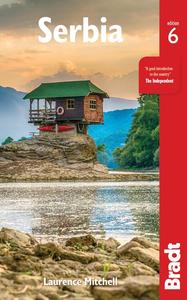
Free Download Timothy Edmunds, "Defence Reform in Croatia and Serbia-Montenegro"
English | 2005 | ISBN: 0198530390, 1138466719 | EPUB | pages: 96 | 0.2 mb
This book examines defence reform in Croatia and Serbia-Montenegro since 2000, focussing particularly on the institution and consolidation of democratic and civilian control of the armed forces, the reform of conflict-era forces structures, and the influence of the West including defence assistance and political conditionality.




